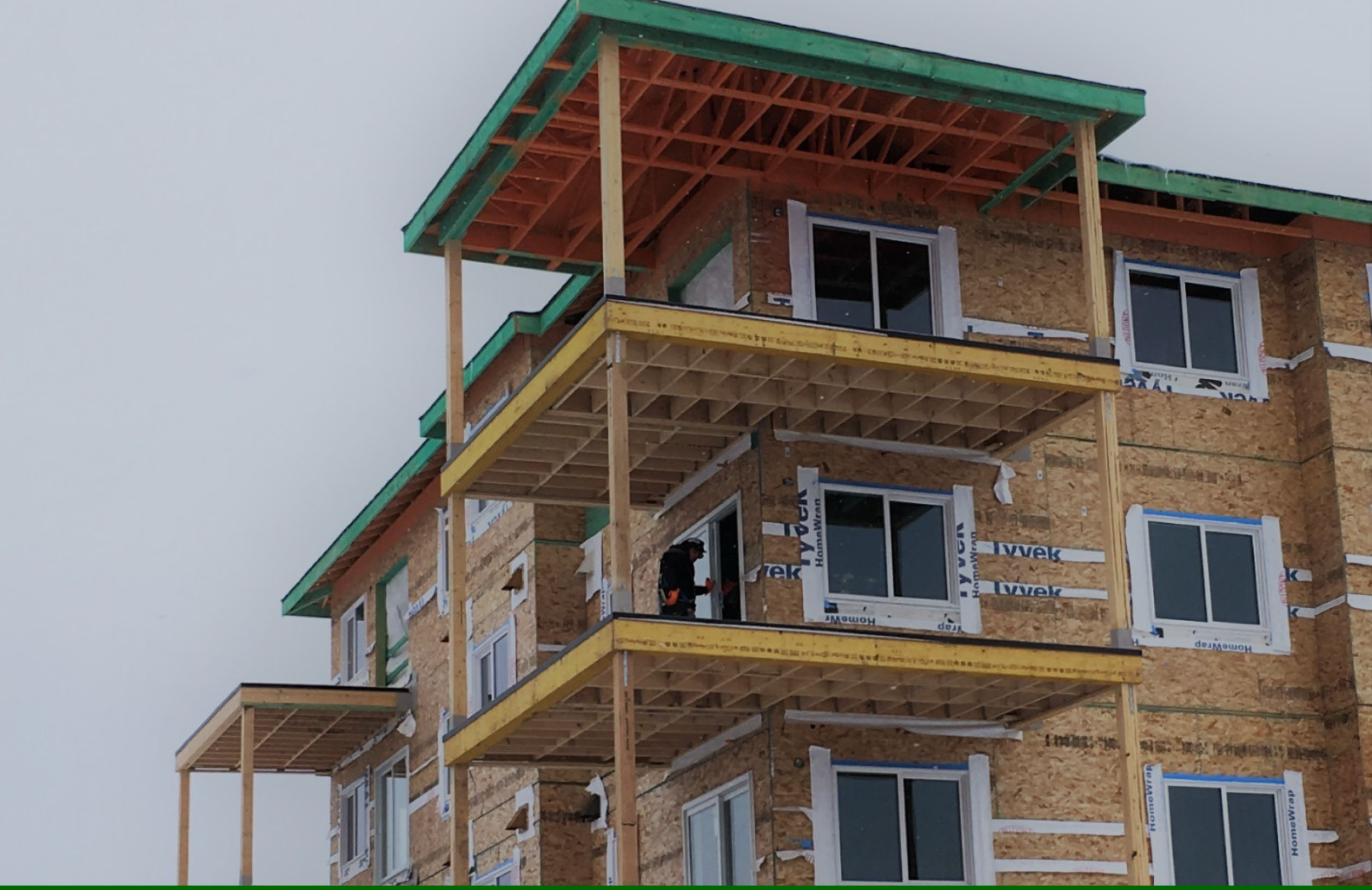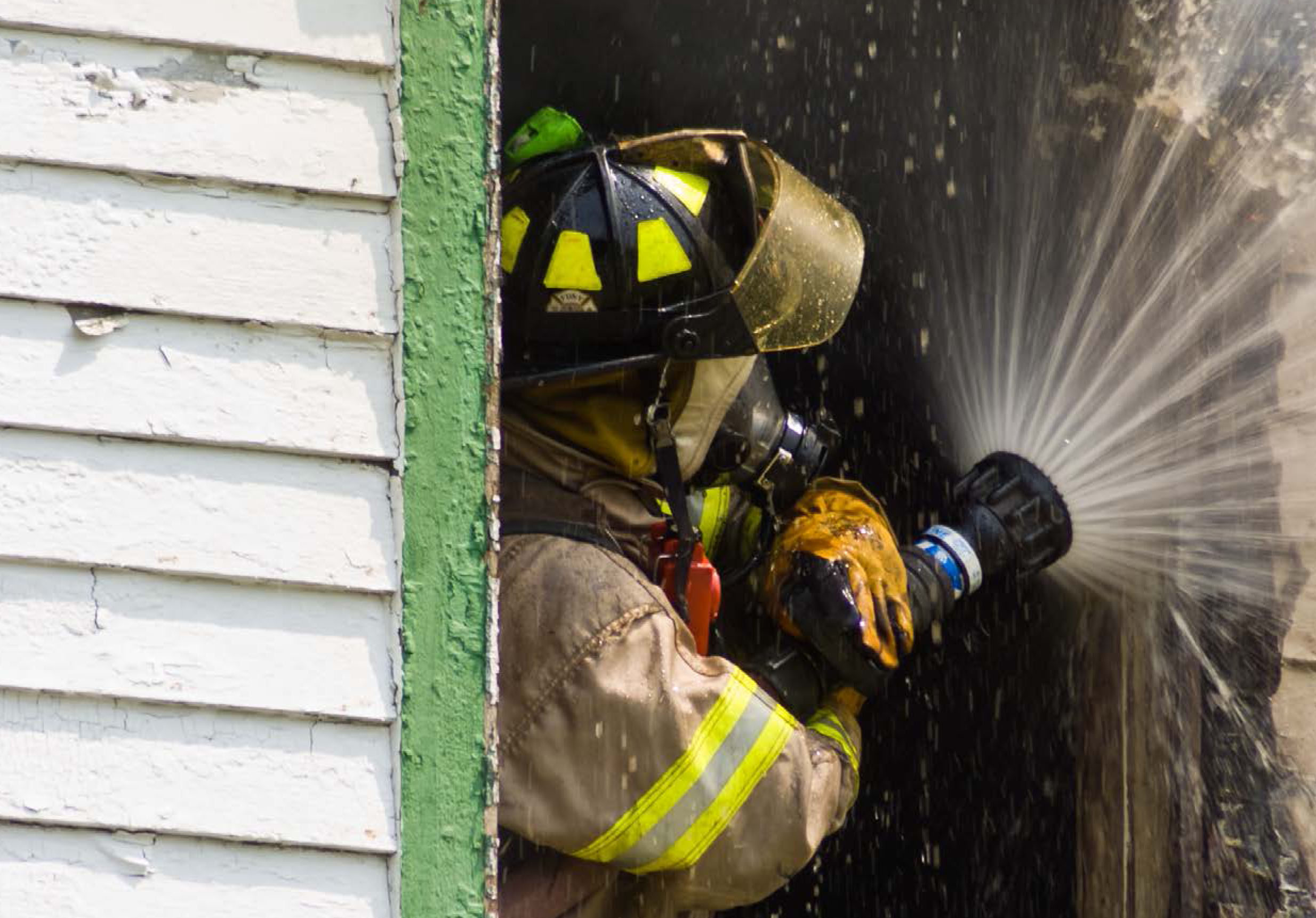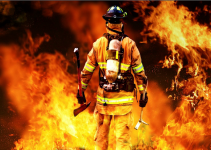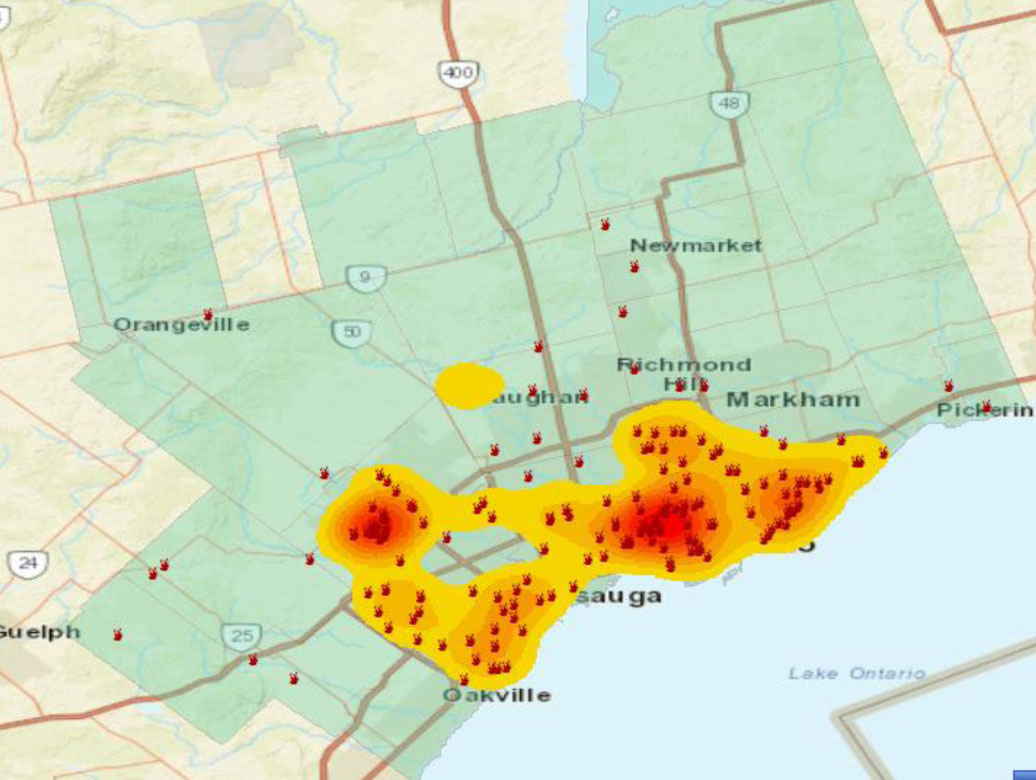GREAT EXPECTATIONS? PERCEPTIONS OF CANNABIS REGULATION IN ABBOTSFORD, BRITISH COLUMBIA
On October 17th, 2018, Canada will become the first G7 country, and second country worldwide, to legalize recreational cannabis on the federal level. Given that few nations have taken this step, the impact on municipalities and communities is still unknown. The main objective of this report is to provide insight into the expectations around and unintended consequences of … Read more











